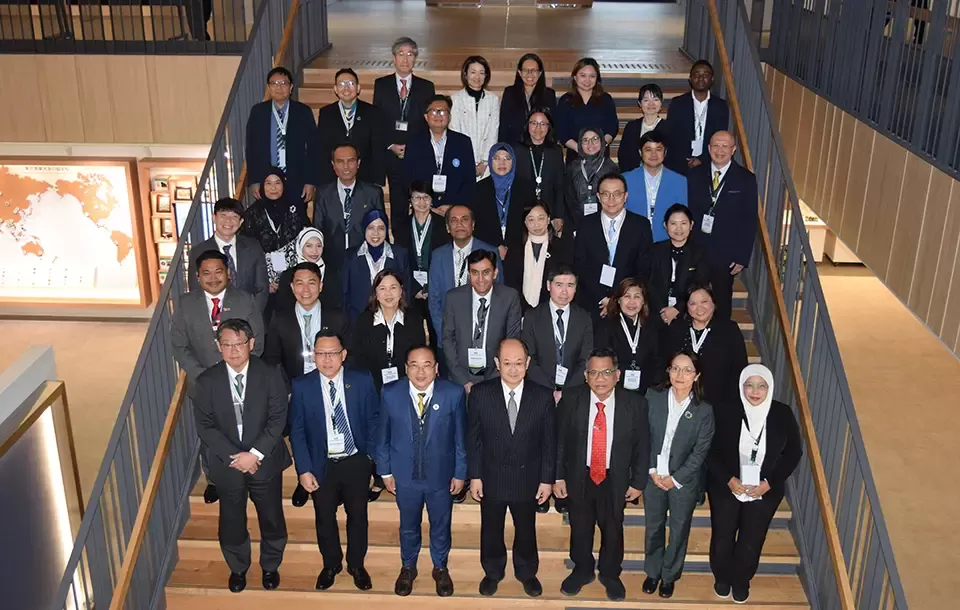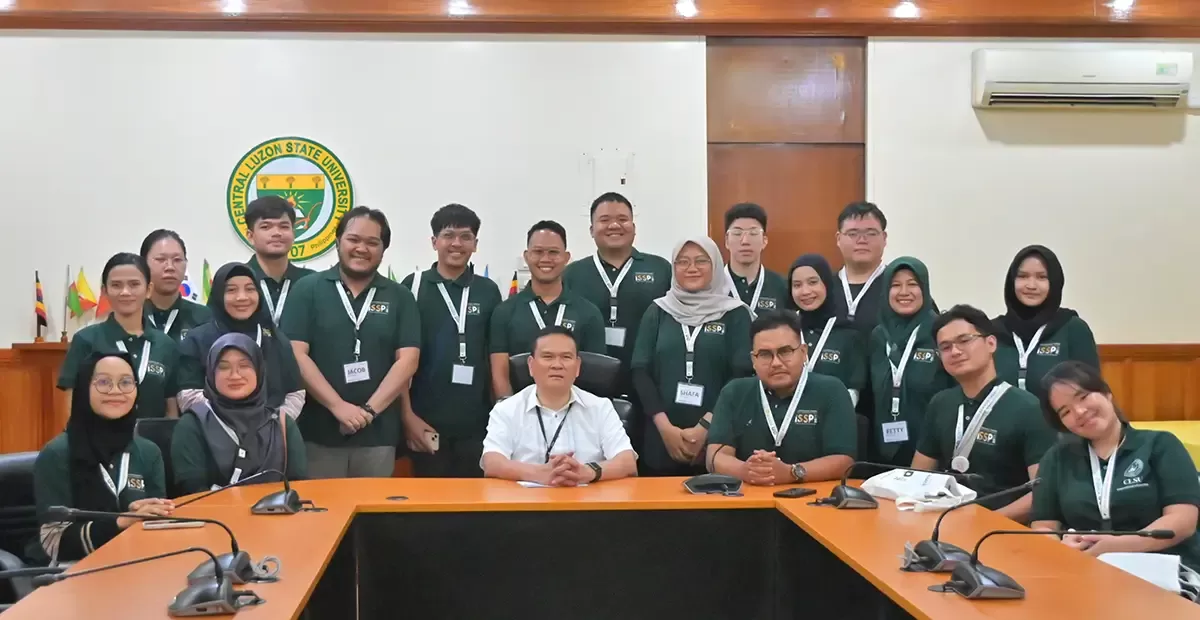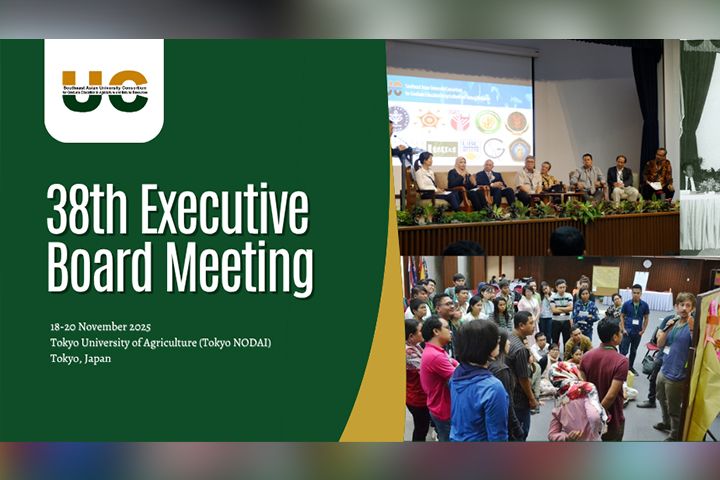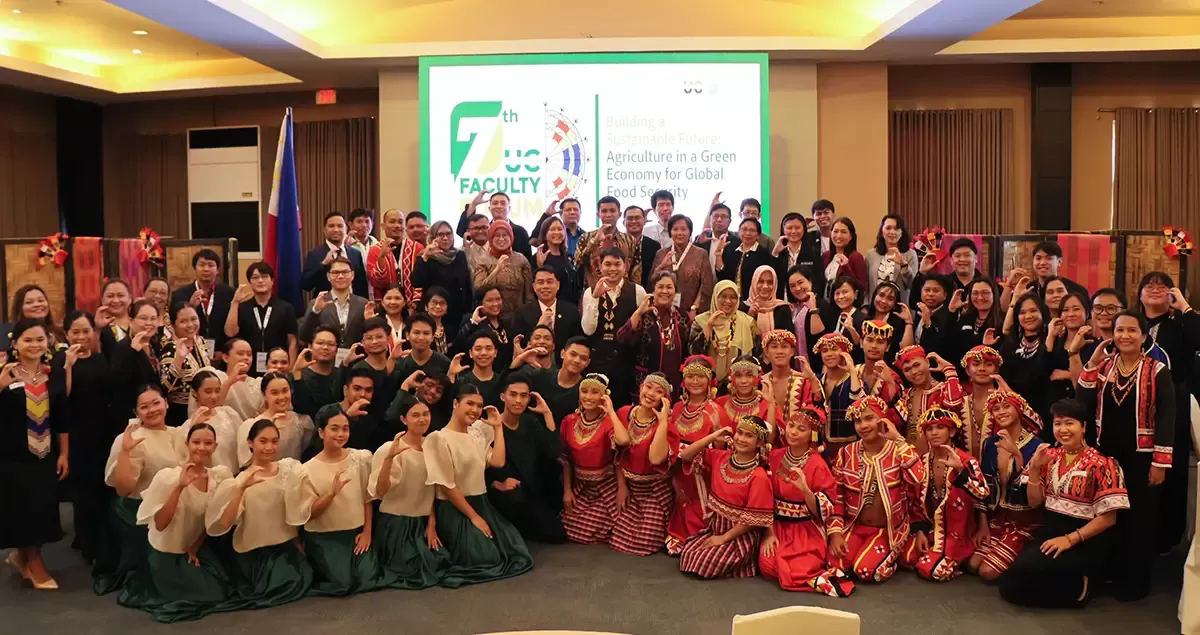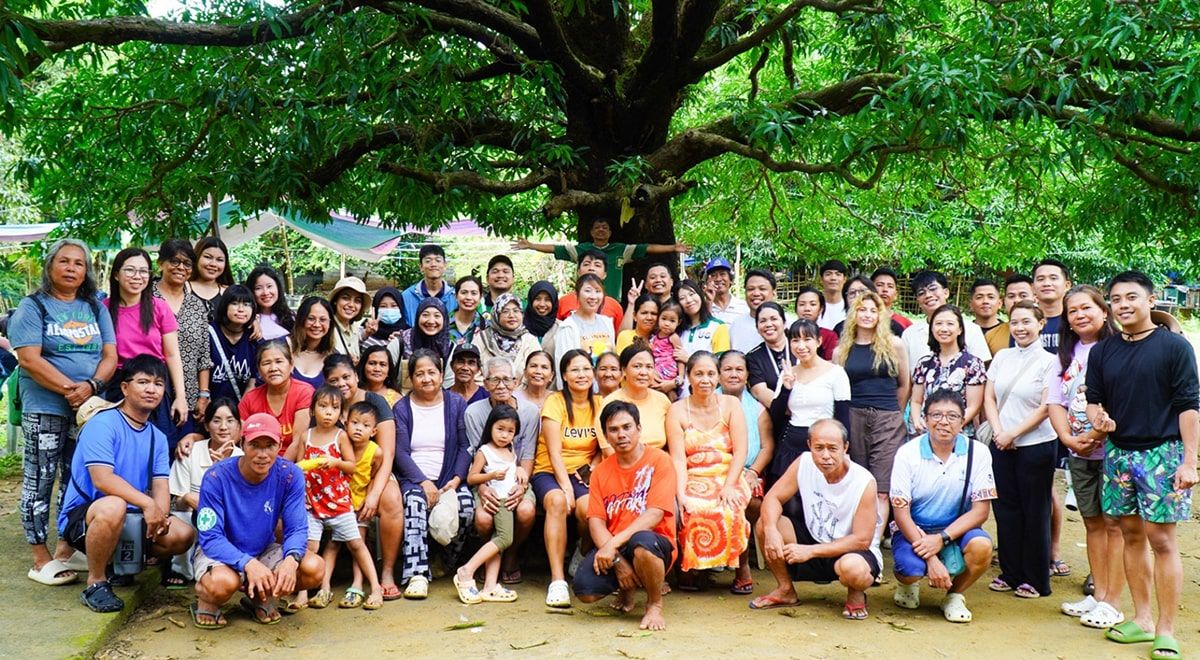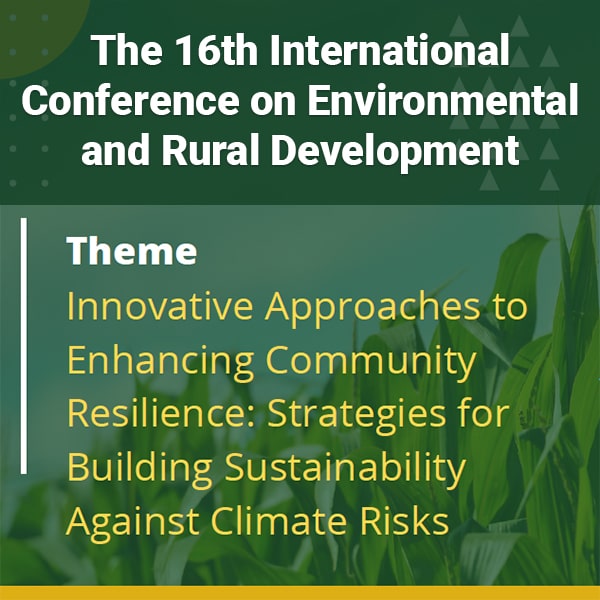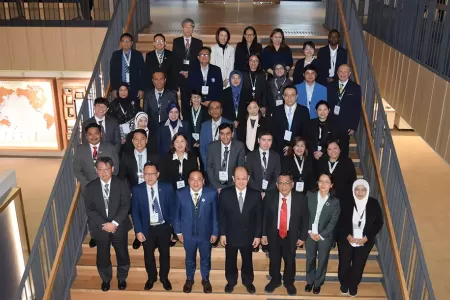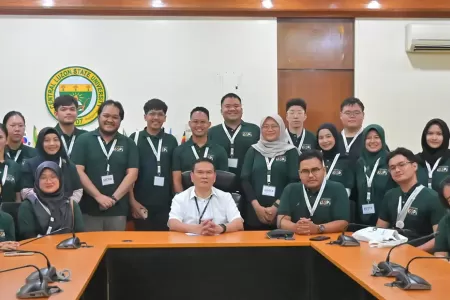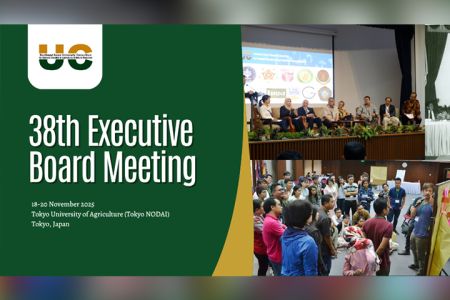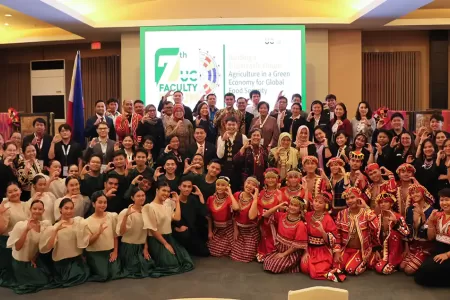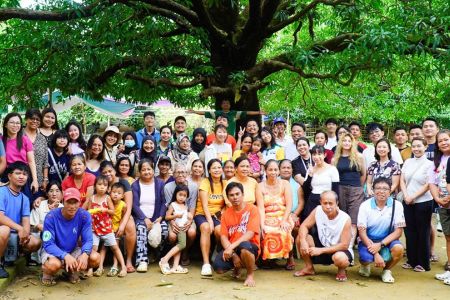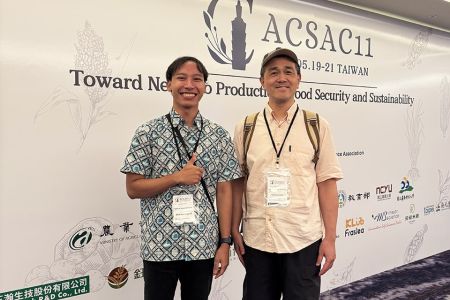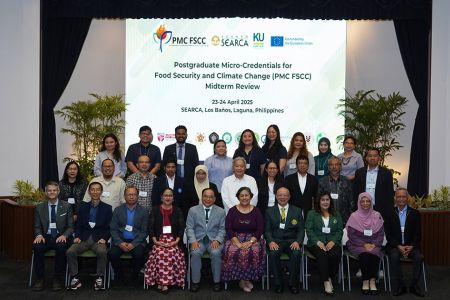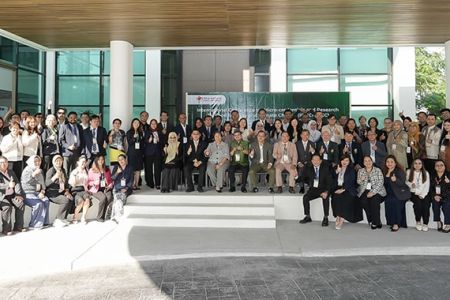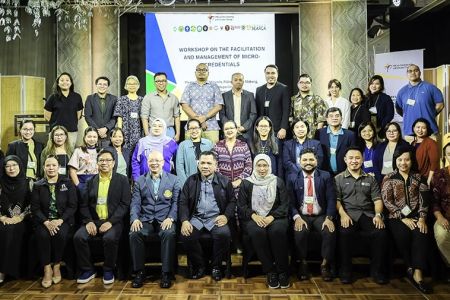SEA universities craft guidelines for food security and climate change micro-credentials implementation
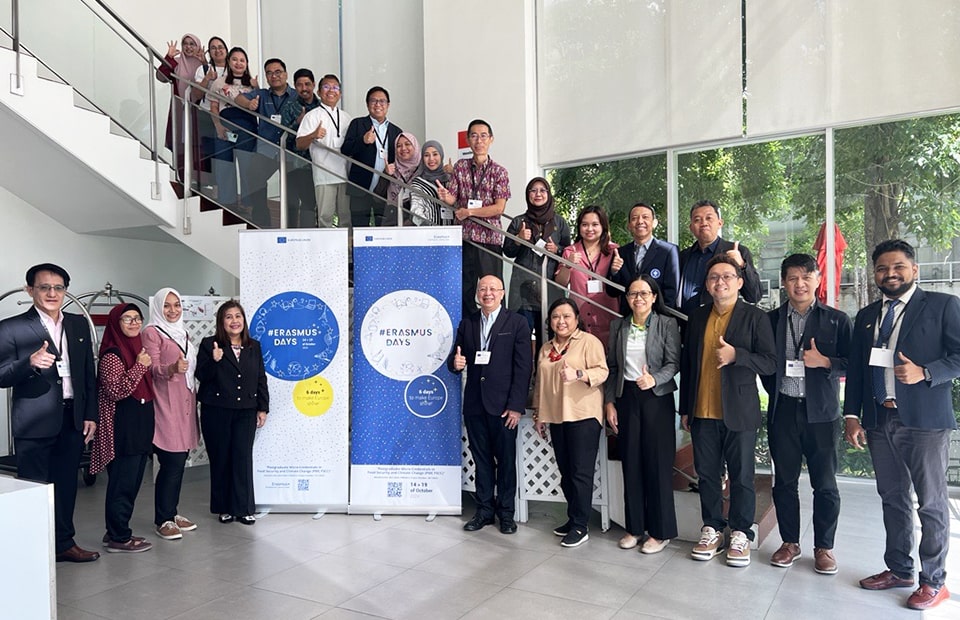
Universiti Putra Malaysia (UPM) and Universiti Malaysia Sabah (UMS) jointly led the workshop "Developing Guidelines for the Monitoring, Review, and Evaluation of Micro-Credentials" on 14–15 October 2024 in Chon Buri Province, Thailand. This workshop is a part of the Postgraduate Micro-Credentials in Food Security and Climate Change (PMC FSCC) project funded by the European Commission through the ERASMUS+ Capacity Building in Higher Education (CBHE) program, which runs from 2023 to 2026. ERASMUS+ CBHE provides short-term courses through micro-credentials to address food security and climate change challenges. Leveraging technological innovations, the project will deliver online learning modules tailored to these pressing issues.
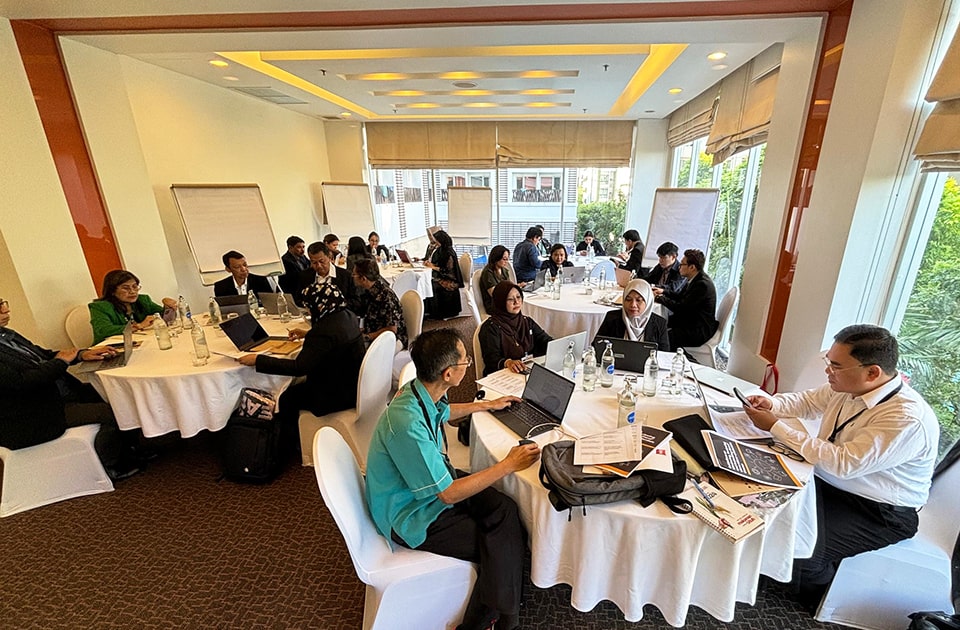
The 29 delegates to the workshop were from various Southeast Asian universities—Institut Pertanian Bogor (IPB), Universitas Gadjah Mada (UGM), and Universitas Brawijaya (UB) in Indonesia; Maejo University (MJU) and Kasetsart University (KU) in Thailand; University of the Philippines Los Baños (UPLB), Central Luzon State University (CLSU), and Visayas State University (VSU) in the Philippines; and UPM and UMS in Malaysia. The Southeast Asian Regional Center for Graduate Study and Research in Agriculture (SEARCA), which is the secretariat of the Southeast Asian University Consortium for Graduate Education in Agriculture and Natural Resources (UC), actively participated in the workshop, with KU handling the logistics as the project leader.
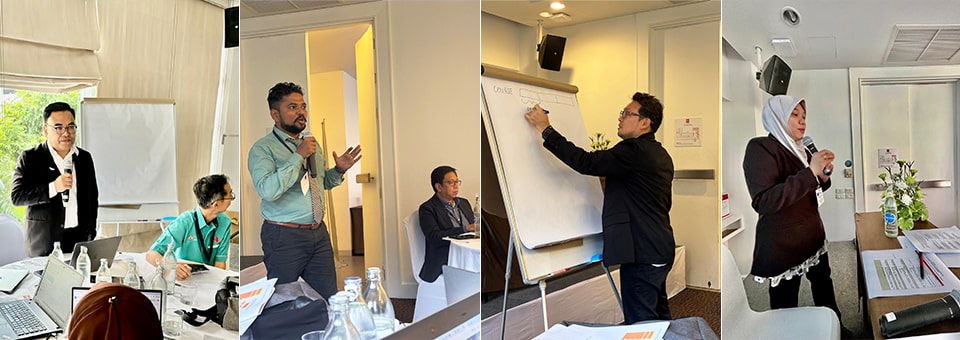
Assoc. Prof. Dr. Wan Marzuki Bin Wan Jaafar, Dean of the UPM Faculty of Educational Studies, welcomed the participants and facilitated the proceedings. Assoc. Prof. Dr. Buncha Chinnasri, project leader of the PMC FSCC, presented updates on recent activities and milestones. The Deputy Director of the UPM Center for Academic Development and Leadership Excellence, Assoc. Prof. Dr. Masnida Binti Hussin, shared the survey results among participating universities, offering insights into current micro-credential practices. Dr. Prakash Murgeppa Bhuyar, Assistant Dean of the MJU International College, commended UPM and UMS for their preparatory work, which helped streamline the workshop's collaborative efforts.

For a more efficient discussion and feedback on the draft guidelines and other concerns, the participants were divided into working groups. UPM and UMS responded to the participants' feedback, refining the draft guidelines further. Dr. Lim Thien Sang, Director of the UMS Flexible Education Center, led a session on the proposed implementation strategy. The developed guidelines for monitoring, review, and evaluation of micro-credentials will undergo final adjustments after incorporating outcomes from two upcoming activities: Workshop on Quality Assurance Guidelines on 28–29 October 2024 in Bali, Indonesia, and Micro-Credential Module Development.
On behalf of SEARCA and the UC, Dr. Nur Azura Binti Adam, SEARCA Deputy Director for Programs, expressed gratitude to the project partners for their active engagement. She emphasized SEARCA's support for the project's sustainability and reaffirmed the Center's commitment to advancing the goals of the PMC FSCC.
Besides the workshop, project members from CLSU, IPB, KU, and SEARCA met separately to discuss the upcoming International Conference on Micro-credentials for Food Security and Climate Change (ICMCFSCC) scheduled for 11–12 February 2025 in Thailand.

